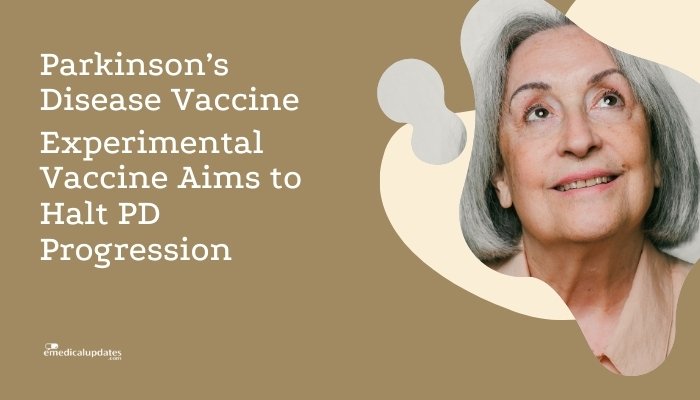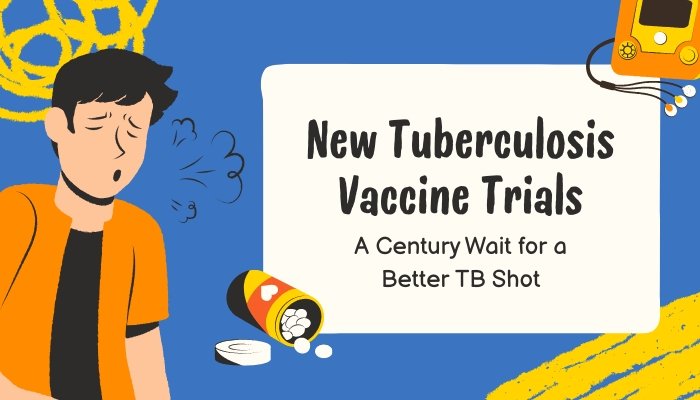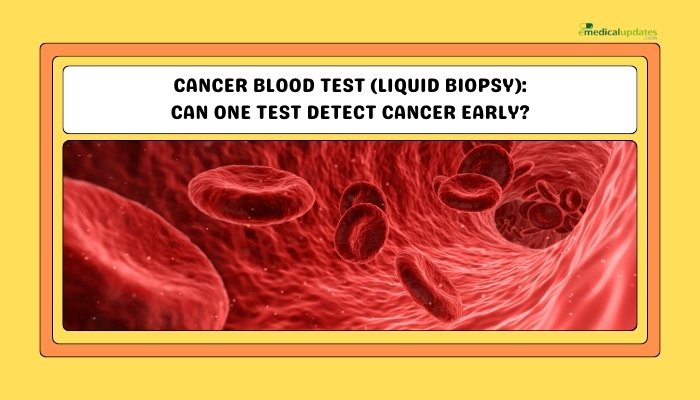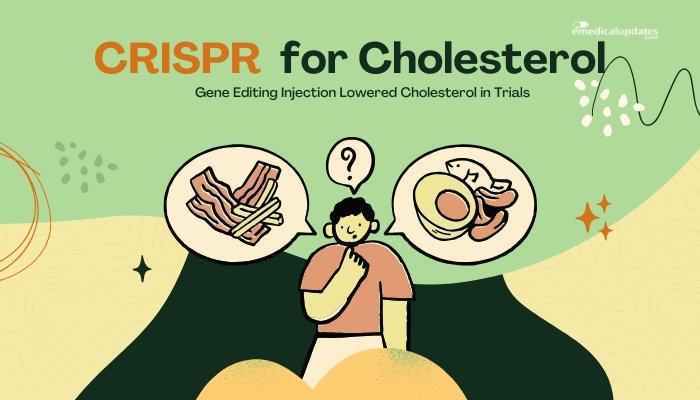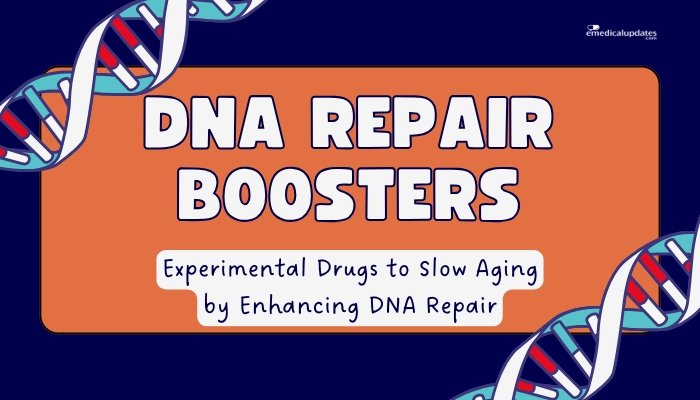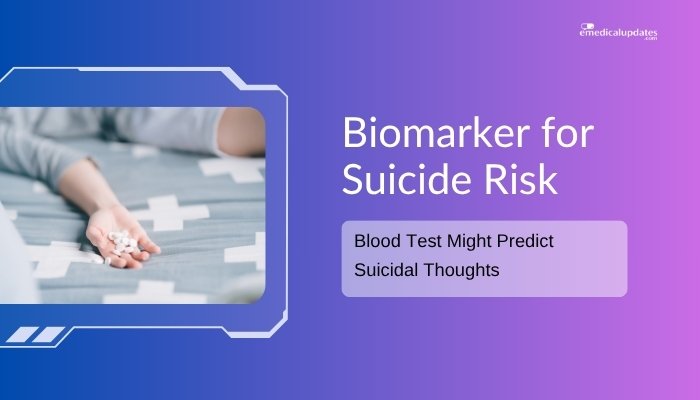Introduction
Parkinson’s disease (PD) is a progressive neurodegenerative disorder marked by tremors, stiffness, and difficulty with movement. Current treatments, such as levodopa or dopamine agonists, help manage symptoms but do not halt the underlying neuronal loss.
An experimental PD vaccine aims to change that, engaging the immune system to target the misfolded proteins implicated in Parkinson’s—potentially slowing or even stopping disease progression.
In this article, we explore how a Parkinson’s vaccine might work, the latest developments in clinical trials, and what it could mean for patients and families grappling with this life-altering condition.
Why a Vaccine for Parkinson’s?
Current Treatment Gaps
Parkinson’s arises when dopamine-producing neurons in the substantia nigra region of the brain degenerate, leading to hallmark movement symptoms. Medications replenish or mimic dopamine but do not tackle the process killing these neurons. Over time, patients typically require escalating doses or adjunct therapies, and motor and non-motor complications worsen.
Immunotherapy Approach
Scientists have found that alpha-synuclein, a protein that clumps abnormally in Parkinson’s, may propagate disease pathology. A vaccine that trains the immune system to recognize these toxic alpha-synuclein aggregates could, in theory, help clear them or slow their spread, similar to how vaccines prepare the body to fight viral antigens.
Mechanism of the Experimental Vaccine
Targeting Alpha-Synuclein
The experimental PD vaccines commonly use peptides or engineered fragments of alpha-synuclein to spark an antibody response:
- Immune Activation: After injection, the body produces antibodies against alpha-synuclein.
- Reduced Aggregates: These antibodies bind to misfolded proteins, promoting clearance from neurons or preventing further clumping.
- Slower Progression: By limiting toxic aggregate buildup, the approach seeks to preserve neuronal function.
Adjuvants and Formulations
To boost immunogenicity, developers add adjuvants—ingredients that stimulate a stronger immune reaction. The selected alpha-synuclein epitopes aim to provoke an antibody response specifically against pathological forms of the protein, sparing normal alpha-synuclein essential for cellular function.
Early Clinical Evidence
Ongoing Trials
Companies and research consortia worldwide are sponsoring Phase I/II trials:
- AFFiRiS: Investigating a vaccine approach (PD01A, PD03A) targeting alpha-synuclein. Early data show acceptable safety and some immunological response.
- United Neuroscience and Others: Testing novel formulations or immunogens, with initial readouts on tolerability and antibody production.
Preliminary Findings
While sample sizes are small, some participants demonstrate:
- Antibody Generation: Detectable anti-alpha-synuclein titers in blood.
- Potential Clinical Stabilization: Reports of slowed progression on motor scales, though robust proof requires longer studies.
- Low Adverse Events: Mild injection-site reactions or flu-like symptoms have been the most frequent side effects so far.
Prospective Benefits
Slowing Progression
If successful, a Parkinson’s vaccine could reduce the accumulation of toxic protein aggregates, thereby preserving neuronal health and function. Patients might experience fewer motor complications and slower disease trajectory.
Disease Modification
Unlike symptomatic therapies, a truly disease-modifying vaccine might halt or delay underlying neurodegeneration. This would represent a transformative shift in PD care, akin to immunotherapeutic breakthroughs in other neurodegenerative diseases.
Challenges and Ongoing Questions
- Efficacy: Will an immune response actually reduce alpha-synuclein pathology in the brain enough to meaningfully alter clinical outcomes?
- Biomarkers: Researchers need reliable indicators—like fluid or imaging markers—to confirm vaccines are hitting their molecular target.
- Long-Term Safety: The immune system must remain balanced; aggressive immunization might risk excessive inflammation or autoimmunity.
- Stage-Specific Use: Vaccination might work best in early or prodromal PD, before widespread neuronal loss.
Looking Ahead
Combination Approaches
Vaccines might pair well with other neuroprotective strategies—like gene therapy, anti-inflammatory drugs, or dopamine replacement—to comprehensively address PD’s multifaceted pathology.
Personalized Immunization
Some groups are exploring personalized vaccines, matching an individual’s alpha-synuclein variants or unique immune profile. This approach ensures more precise targeting of pathological protein forms.
Regulatory Path to Approval
Large, multi-year Phase III trials with meaningful clinical endpoints (e.g., slowed progression on validated scales) will be necessary. The neurological community is watching these trials closely for data on long-term functional benefits.
Frequently Asked Questions
- Could a vaccine fully prevent Parkinson’s in healthy individuals?
- Possibly a future goal, but current vaccines aim to slow progression in those already showing early PD symptoms or mild disease.
- How soon might a PD vaccine be available?
- It depends on trial outcomes. Widespread use is likely years away, as Phase III efficacy data and regulatory approvals are needed.
- Are these vaccines safe?
- Early studies suggest manageable safety profiles. Common side effects are mild. Rigorous monitoring ensures no significant adverse autoimmune or inflammatory effects.
- Do these vaccines cure Parkinson’s?
- The aim is disease modification—slowing or stopping further decline—not reversing existing damage. However, success could lead to better long-term outcomes.
- What about other forms of parkinsonism?
- Trials primarily target classic Parkinson’s disease associated with alpha-synuclein pathology. Other variants might not respond similarly.
Conclusion
An experimental Parkinson’s vaccine underscores a promising frontier in PD therapy—one that attempts to harness the body’s immune defenses against the disease’s fundamental protein aggregates. While early clinical trials reveal encouraging signs of safety and immunological engagement, proof of genuine disease-modifying impact requires larger, long-term studies. If successful, these vaccines may reshape Parkinson’s care, shifting the paradigm from purely symptomatic relief to preserving neuronal integrity and function.
For now, people with Parkinson’s and their families can stay informed about ongoing trials and remain hopeful that a new class of immunotherapies could soon expand the arsenal against a disease that affects millions worldwide. As science continues to refine vaccine formulations and gather data, the potential for a safer, more effective PD therapy grows steadily on the horizon.
References
-
- Affiris. (2022). “PD01 and PD03 vaccine candidates for Parkinson’s disease.”
-
- Lindvall O, et al. (2019). “Immunotherapy approaches in Parkinson’s disease.” Mov Disord.
-
- Schneeberger A, et al. (2016). “Active immunization targeting alpha-synuclein as a treatment for Parkinson’s disease.” NPJ Vaccines.
-
- Volc D, et al. (2020). “First-in-human trial of PD vaccines.” Ann Neurol.
-
- Maguire-Zeiss KA. (2021). “Neuroinflammation and immunotherapeutic targets in Parkinson’s disease.” J Neural Transm.

